HotSpots H2O: California Water District Sues to Stop Colorado Drought Plan
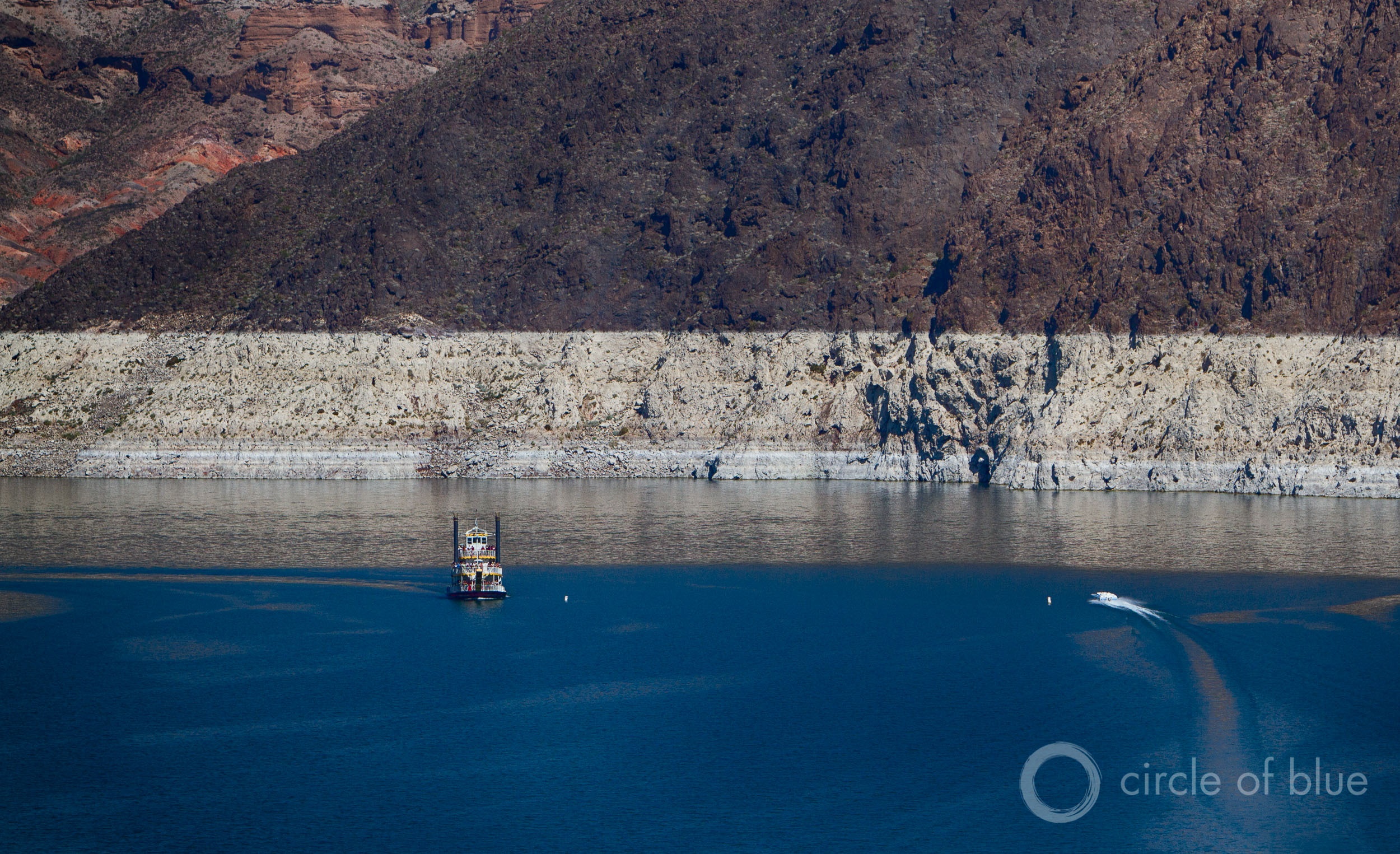
Mineral deposits on the canyon walls show where Lake Mead water levels used to touch. The big reservoir set a new record low on May 18, 2016. Photo © J. Carl Ganter / Circle of Blue
Imperial Irrigation District (IID), an influential agency on the Colorado River, sued to halt a basinwide drought plan. The lawsuit was filed the same day that President Donald Trump signed legislation to implement the plan.
The Drought Contingency Plan, or DCP, represents a years-long effort to coordinate and expand water conservation efforts in the Colorado River basin, which provides water to 40 million people in seven U.S. states and Mexico. The DCP is meant to prevent two key reservoirs, Lake Mead and Lake Powell, from dropping so low that they no longer can provide water and hydropower.
The seven states reached a consensus on March 19, but the completed plan excluded IID, which holds some of the oldest and largest rights to the river.
IID refused to join unless $200 million in federal funding was secured for the heavily-polluted Salton Sea, a large inland lake southeast of Los Angeles. In a rush to finalize the plan and avoid intervention by the federal government, California’s Metropolitan Water District, a regional water wholesaler, said it would absorb the expected conservation contribution of IID.
The move effectively eliminated IID from the contingency plan, which was approved by Congress and President Trump. Now, the district is fighting back, claiming that Metropolitan shirked state environmental laws by agreeing to shoulder the majority of California’s water contribution.
California would be required to keep more water in Lake Mead if water levels in the reservoir fall below 1,045 feet. Such low water levels might never happen, but if they do, IID argues that Metropolitan would be unable to meet its promised contribution.
“Where the water supply would come from and what environmental impacts could result from Metropolitan’s need to acquire such water to fill this sizable hole in its water supply are entirely unknown,” Imperial declared in its petition, filed in Los Angeles County Superior Court. In a worst-case scenario, Metropolitan would be required to contribute 2 million acre-feet of water to Lake Mead by 2026, when the DCP expires.
Henry Martinez, the general manager of IID, claims that excluding the Salton Sea from the DCP could further jeopardize the polluted waterbody. The lawsuit, Martinez says, will revive negotiations over the sea’s fate.
“The logic in going forward without IID was that the DCP couldn’t wait for the Salton Sea,” Martinez said in a statement. “This legal challenge is going to put that logic to the test and the focus will now be where it should have been all along – at the Salton Sea.”
Metropolitan general manager Jeff Kightlinger expressed disappointment that IID was trying to delay the DCP, which lawmakers from Arizona, California, Colorado, Nevada, New Mexico, Utah, and Wyoming negotiated over for several years.
“We are disappointed that the Imperial Irrigation District is using litigation as a tool to block implementation of the drought contingency plan,” Kightlinger said in a statement last week. “Parties on the Colorado River need to collaborate during this time of crisis, not litigate.”
The seven Colorado Basin states intend to sign final documents for the drought plan next month. Officials say they are unsure what will happen if California courts support the IID lawsuit and block Metropolitan from signing off on the plan.
Kayla Ritter is a recent graduate of Michigan State University, where she studied International Relations and Teaching English to Speakers of Other Languages. She is currently based in Manton, Michigan. Kayla enjoys running, writing, and traveling. Contact Kayla Ritter

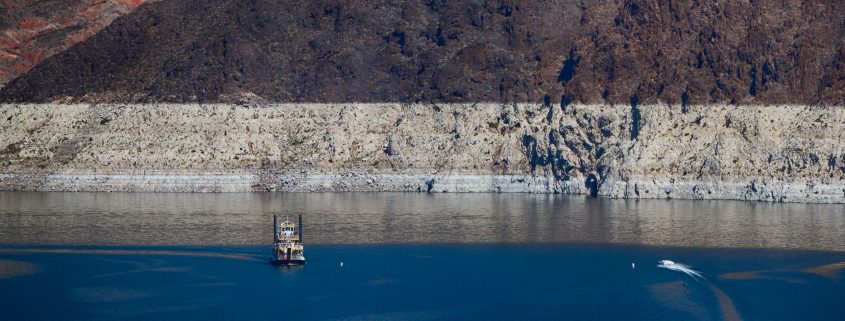

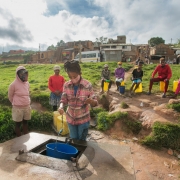



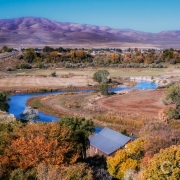



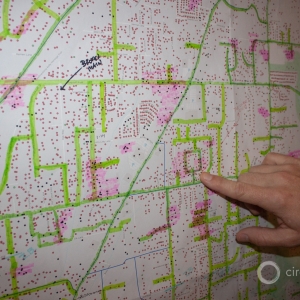
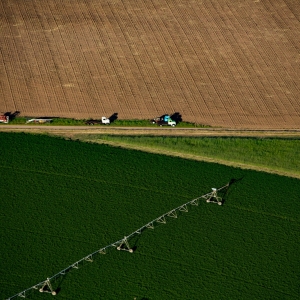
“the Colorado River basin, which provides water to 40 million people in seven U.S. states and Mexico”
And Mexico?? When I drove over a small bridge just south of the US mexico boarder I thought I saw a small sign saying ‘Colorado river’. I got out to have a look and it did say that. The river was a bit of sand and no water.
I don’t think this river provides ANY water to Mexico